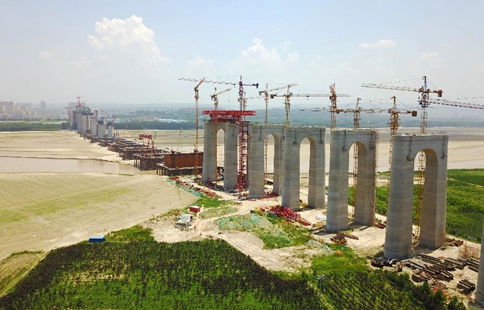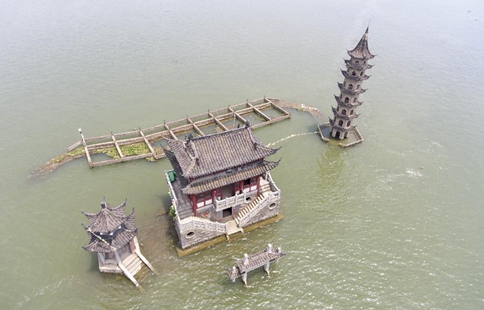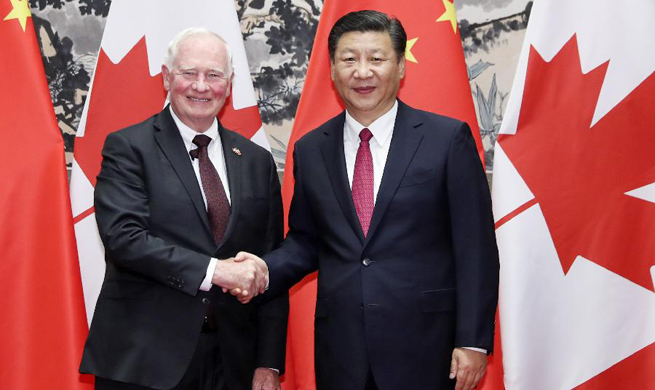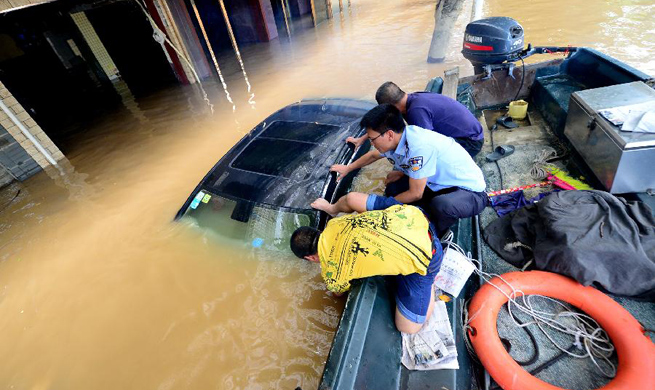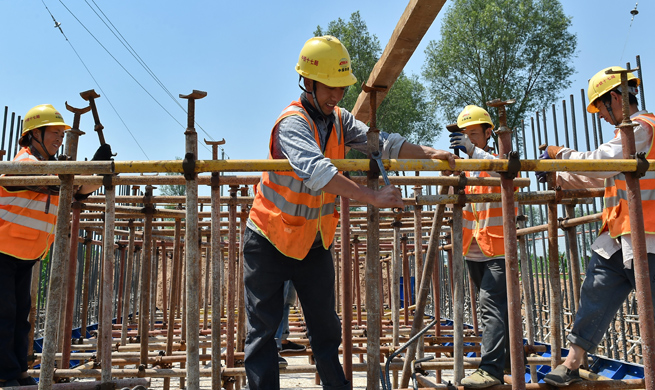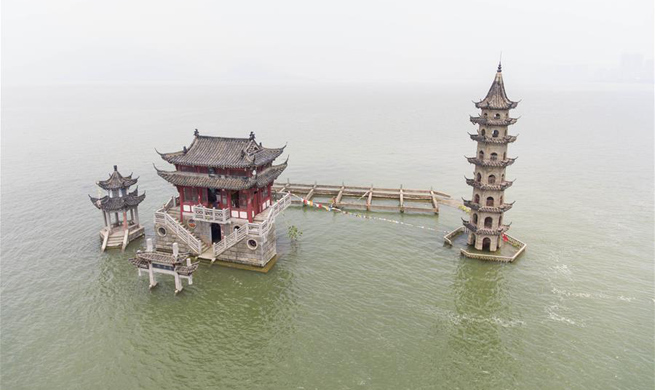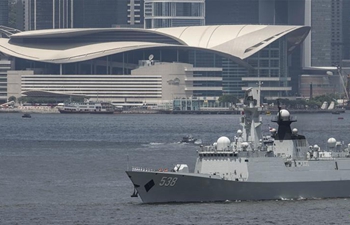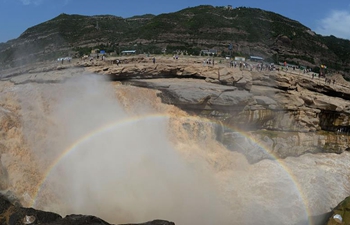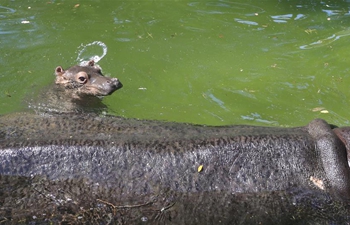BRUSSELS, July 13 (Xinhua) -- Dialogue between NATO and Russia can be difficult, but it is essential amid raised tensions and it is particularly important to keep channels of communication open, NATO Secretary General Jens Stoltenberg told reporters Thursday following the NATO-Russia Council meeting.
"Allies and Russia may hold different views but we are committed to continuing our dialogue as part of our commitment to preserving peace and security," said the NATO chief.
Thursday's meeting was the second gathering of the NATO-Russia Council this year, covering issues like Ukraine and Afghanistan.
"At today's meeting, we had a frank and useful discussion," said Stoltenberg, admitting that NATO and Russia continue to have fundamental disagreements in the case of Ukraine.
NATO decided to freeze relations with Russia in April 2014 over the latter's incorporation of Crimea and its alleged role in the Ukrainian crisis.
Both sides said they have continued to keep channels for political dialogue open, and the NATO-Russia Council, in particular, has become an important platform for dialogue.
Stoltenberg told reporters that a stable Afghanistan is essential to regional security and NATO shares a common interest with Russia to support the national unity government and to work towards a free, safe and democratic Afghanistan.
Speaking about the transparency and risk reduction, Stoltenberg said the two sides exchanged advance briefings on upcoming exercises, including Russia's upcoming ZAPAD 2017 exercise and NATO's Exercise Trident Javelin 2017.
"Such exchanges are important elements of our continuing dialogue. They help to limit the risk of misunderstanding, miscalculation and unintended escalation," said the NATO chief.
Despite his optimism, NATO-Russia relations are at its "historical low." The Russian Foreign Ministry said in May via a statement that the relations are "in the deepest crisis since the end of the Cold War," calling on NATO to stop confrontation and seek better relations with Moscow.
Established in 2002, the NATO-Russia Council is conceived as a mechanism for consultation, consensus-building, cooperation, joint decision and action between NATO and Moscow.






